
When China Rules the World
The End of the Western World and the Birth of a New Global Order
Recommendation
Martin Jacques’ detailed, scholarly and thorough exploration of Chinese history, culture, business methods and future possibilities proves as paradigm changing as he believes China to be. In one volume, Jacques offers a full menu: An entrée of an overview and subtle insights followed by a main course of historical roots and futurist predictions. Perhaps most valuably, he grounds China’s business policy, theory and practices – and their likely future forms – in its history, culture and politics. His Western interpretations of China’s motives are poetic when poetry helps readers understand and hard-nosed when plain talk serves best. Jacques’ years in China and East Asia, and his life-long reporting about business and policy, make him uniquely suited to illuminate this mammoth subject. getAbstract strongly recommends this book to anyone who is intrigued by China or is doing business in East Asia, and to anyone interested in the cyclical nature of world power throughout history, particularly those who seek to mine that cycle for profit.
Summary
About the Author
Martin Jacques is the co-author of The Forward March of Labor Halted? and The Politics of Thatcherism. He cofounded the UK think tank Demos.







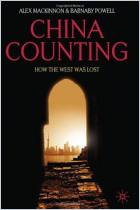
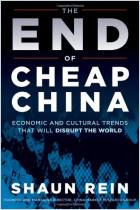
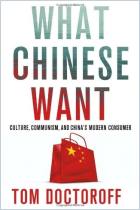
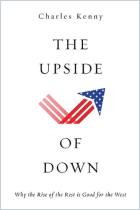
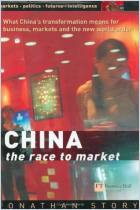
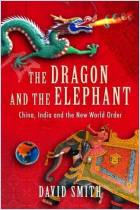



Comment on this summary or Start Discussion